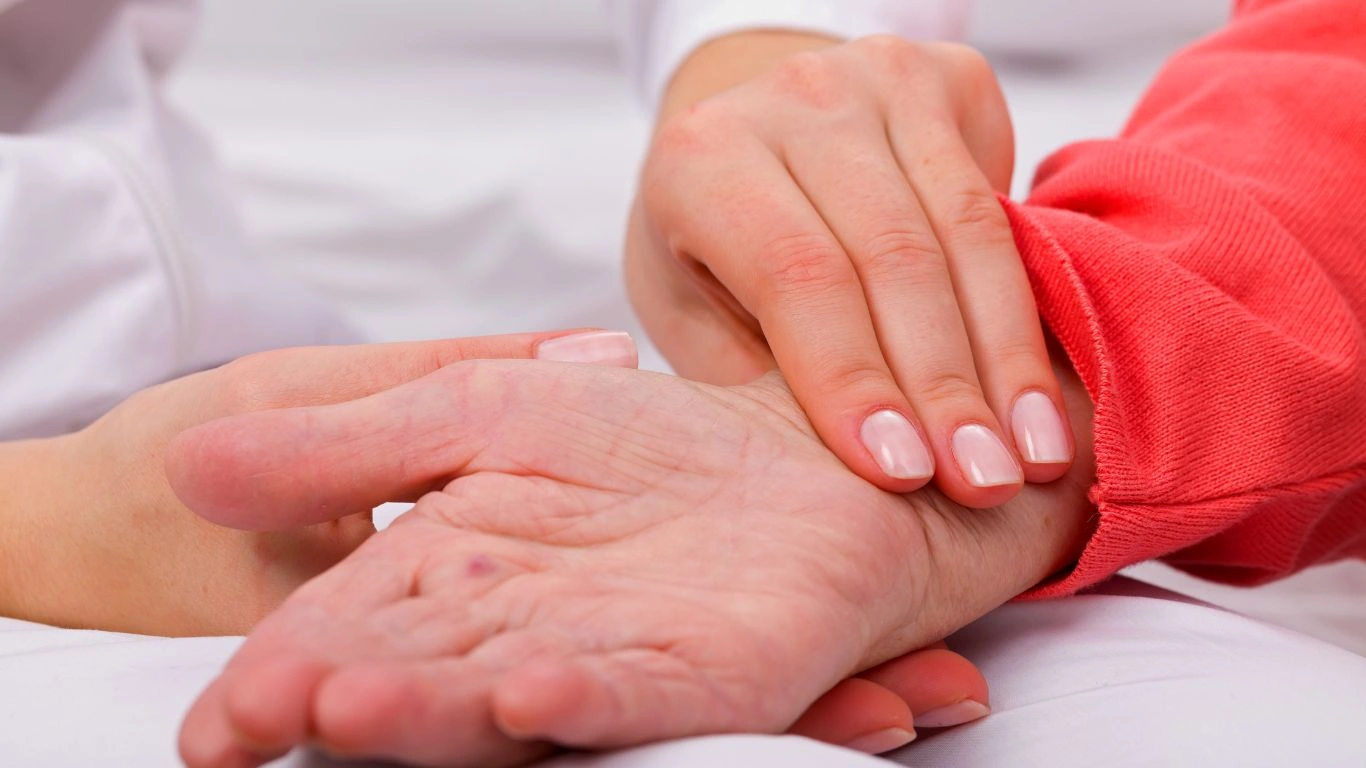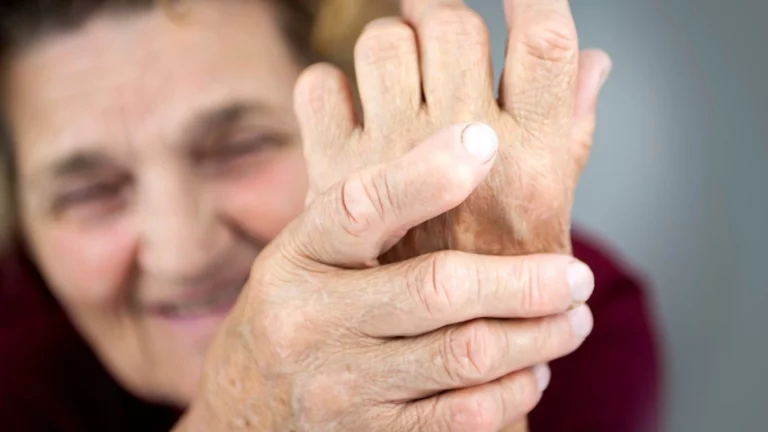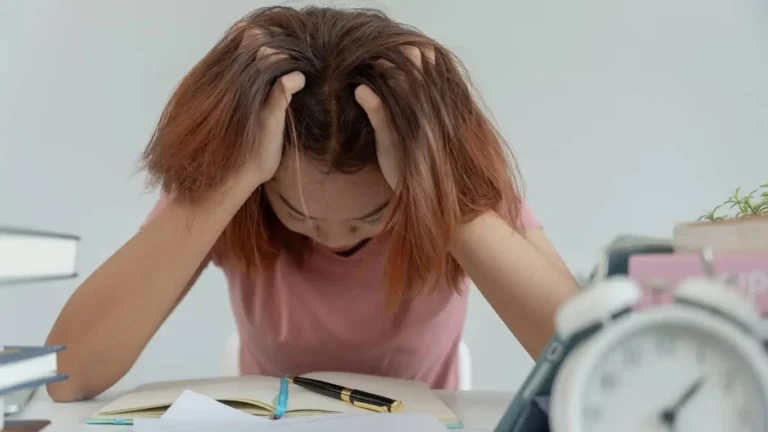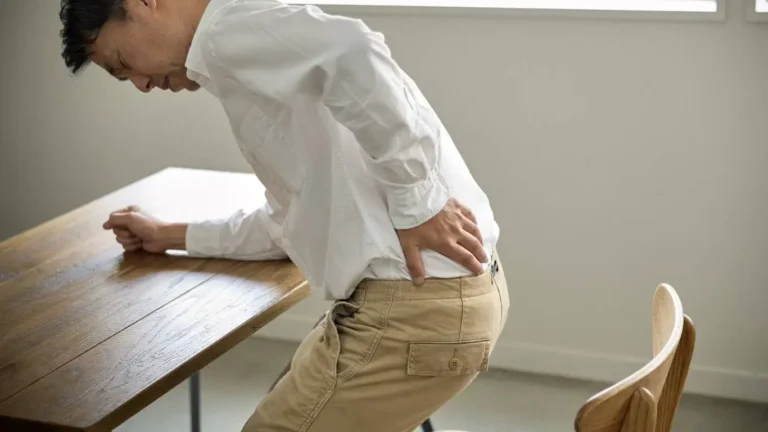Hypertension and Vision Loss: The Hidden Danger You Must Prevent
When we talk about hypertension, most people think of heart disease or stroke. But did you know that hypertension can have a serious effect on your vision? Yep, high blood pressure doesn’t just target your heart—it can silently damage your eyes, too. As a hypertension expert, I’ve seen many patients who never connected their blurry vision or eye discomfort to their blood pressure. But trust me, your eyes can tell you a lot about what’s happening inside your body.
How Hypertension Affects Your Eyes
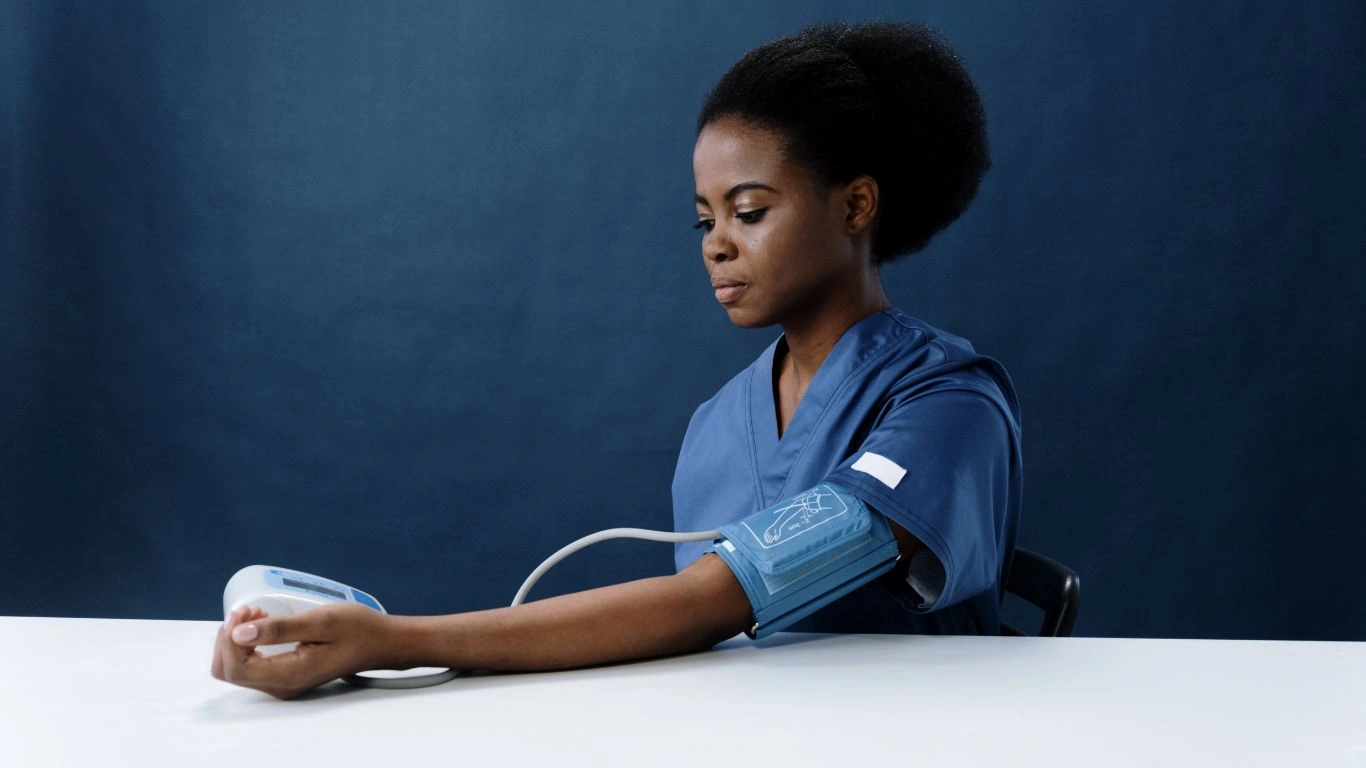
Our eyes rely on tiny, delicate blood vessels to function properly. But when your blood pressure stays high, those vessels take a serious hit. The result? A condition called hypertensive retinopathy, where the blood vessels in the retina get damaged over time.
Signs Your Vision is at Risk
So, how do you know if your eyes are feeling the effects of hypertension? Here are some warning signs:
- Blurry or distorted vision
- Eye pain or pressure
- Frequent headaches that seem to start around the eyes
- Sudden vision loss (in severe cases)
If you’re experiencing any of these symptoms, don’t brush them off. I once had a patient who ignored his frequent headaches until he suddenly saw dark spots in his vision—his retina had started to swell due to uncontrolled blood pressure!
The Link Between Hypertension and Eye Diseases
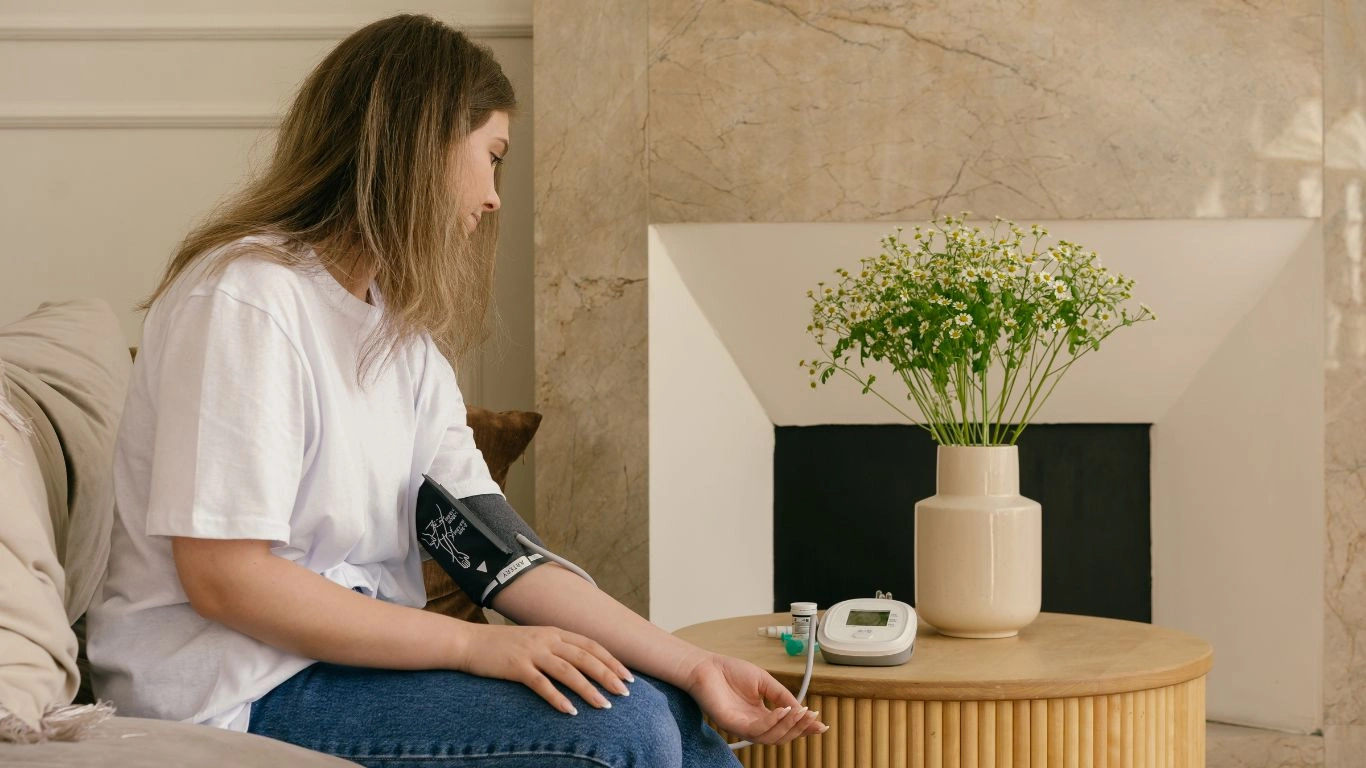
Hypertension doesn’t just cause temporary vision problems; it can lead to serious eye diseases. Here are a few conditions linked to high blood pressure:
Hypertensive Retinopathy
This is the most common way hypertension affects your vision. The blood vessels in your retina narrow and harden, reducing blood flow. In severe cases, they can even leak, leading to swelling and potential vision loss.
Optic Neuropathy
High blood pressure can block blood flow to the optic nerve, causing damage and possibly permanent vision loss. It’s one of those conditions that creep up without warning—until one day, you realize you’re struggling to see clearly.
Choroidopathy
This condition happens when fluid builds up under the retina, leading to distorted vision. While it’s less common, it can be a major issue for people with chronic hypertension.
Who’s at Risk for Hypertension-Related Eye Problems?
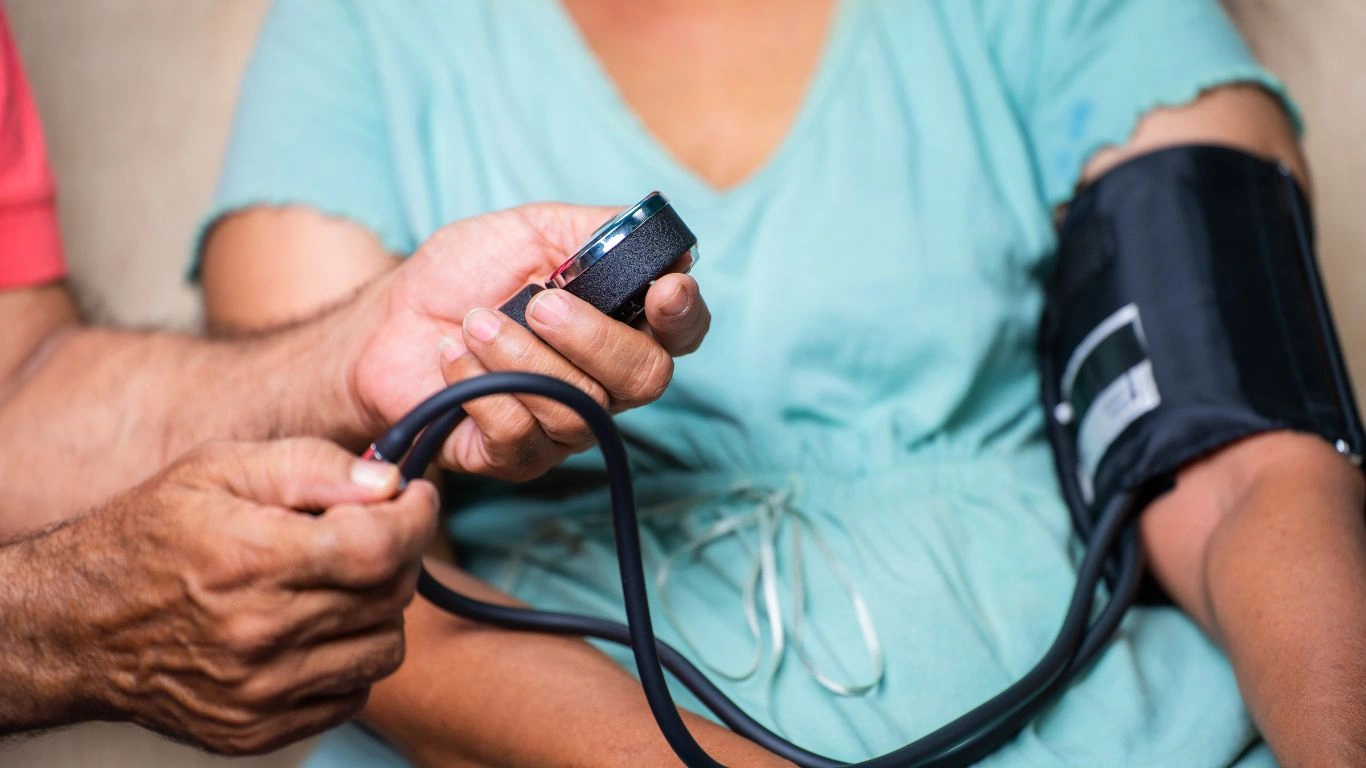
While high blood pressure affects many people, some groups are more vulnerable to eye complications:
- People with long-term hypertension: The longer your blood pressure stays high, the more damage it does to your eyes.
- Diabetics: If you have both diabetes and high blood pressure, your risk of vision problems skyrockets.
- Smokers: Smoking weakens blood vessels, making hypertensive eye damage even worse.
- Older adults: As we age, our blood vessels lose flexibility, increasing the risk of damage.
If you fall into any of these categories, regular eye checkups should be a non-negotiable part of your healthcare routine.
How to Protect Your Vision from Hypertension

So, now that we know hypertension and vision problems go hand in hand, what can you do about it? The good news is that protecting your eyes doesn’t require magic—it just takes consistency and smart lifestyle choices. Over the years, I’ve helped many patients regain control of their eye health simply by making some key changes.
Keep Your Blood Pressure in Check
This one’s obvious, right? The lower your blood pressure, the lower your risk of eye damage. But how you manage your blood pressure is what really matters. Here’s what I always recommend:
- Eat a heart-healthy diet: Focus on whole foods, cut down on sodium, and load up on potassium-rich foods like bananas and spinach.
- Stay active: Even a brisk 30-minute walk daily can work wonders for your circulation.
- Monitor your BP regularly: Get yourself a home blood pressure monitor and keep track of your readings.
- Take medications as prescribed: If your doctor has prescribed antihypertensives, don’t skip doses or adjust them on your own.
One of my patients, a 55-year-old woman with a history of high BP, was struggling with blurry vision. Once she committed to tracking her blood pressure daily and making small dietary tweaks, she noticed an incredible improvement in just a few months.
Regular Eye Exams: Your Secret Weapon
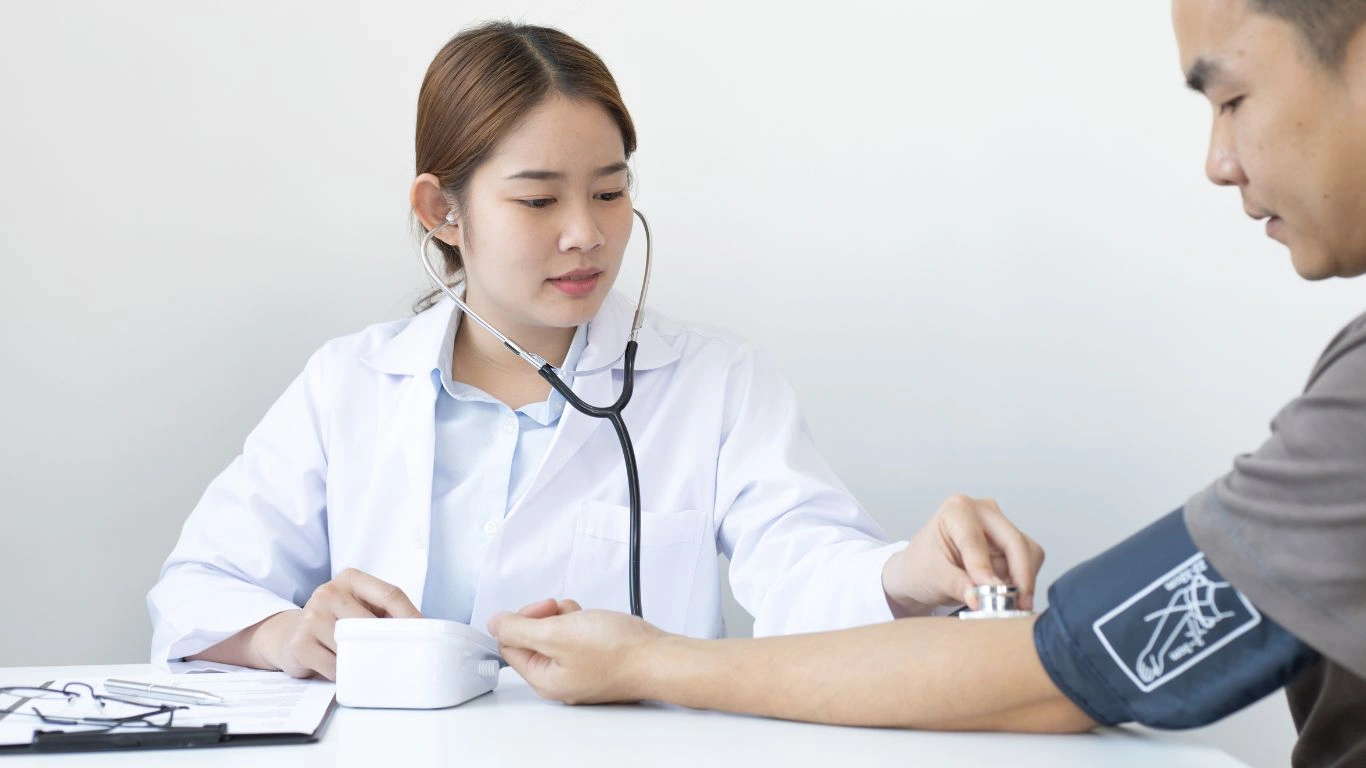
If you have hypertension, regular eye exams should be non-negotiable. Many vision problems linked to high blood pressure don’t show obvious symptoms until it’s too late. That’s why an eye doctor can be your best ally.
What an Eye Doctor Looks For
During an exam, your eye doctor might check for:
- Signs of hypertensive retinopathy (narrowed or leaky blood vessels in the retina)
- Swelling of the optic nerve
- Changes in blood flow to the eyes
One of my patients was shocked when his optometrist spotted blood vessel damage during a routine checkup—he had no idea his blood pressure was dangerously high. That one appointment led to early treatment and likely saved his vision.
Everyday Habits to Support Healthy Eyes
Beyond medical checkups and blood pressure control, there are simple everyday habits that can protect your eyesight. Here are a few:
Stay Hydrated
Dehydration can make blood pressure worse and lead to eye strain. Keep a water bottle with you and sip throughout the day.
Limit Screen Time
We all spend too much time staring at screens, and that can cause digital eye strain. Follow the 20-20-20 rule: every 20 minutes, look at something 20 feet away for at least 20 seconds.
Wear Sunglasses
UV rays can damage your eyes over time, making you more prone to issues like cataracts. Invest in a quality pair of sunglasses that block 100% of UV rays.
Quit Smoking
Smoking and hypertension are a terrible combo for eye health. If you smoke, quitting is one of the best things you can do for your vision.
Making these small tweaks can have a huge impact—not just on your eyes but on your overall well-being. Your future self (and your eyesight) will thank you.
Case Studies & Real-Life Examples

Let’s talk about real people—because nothing drives a point home like a true story. Over the years, I’ve seen many patients struggle with the effects of hypertension on their vision, and a few cases really stuck with me.
Case Study 1: The Unnoticed Threat
James, a 48-year-old IT professional, had been dealing with high blood pressure for years but never thought it was a big deal. One day, he started noticing floaters and occasional blurry vision. Thinking it was just due to too much screen time, he ignored it—until he woke up one morning with a dark spot in his vision.
A trip to the eye doctor confirmed hypertensive retinopathy. His blood vessels were so damaged that parts of his retina weren’t getting enough oxygen. With proper medication, lifestyle changes, and regular eye checkups, James managed to stabilize his vision. But he still has some permanent blind spots—a painful reminder that high blood pressure isn’t something to brush off.
Case Study 2: The Early Catch
Sarah, a 60-year-old retired teacher, was proactive about her health. She had a history of mild hypertension but always kept up with her medical appointments. During a routine eye exam, her optometrist noticed tiny hemorrhages in her retina.
Luckily, because it was caught early, she was able to make the necessary changes before her eyesight suffered. She switched to a DASH diet, started walking every morning, and worked with her doctor to fine-tune her blood pressure medication. Today, her vision is still strong, proving that early detection can make all the difference.
Key Takeaways: What You Need to Remember
If you take one thing from this article, let it be this: Hypertension doesn’t just affect your heart—it can steal your vision, too. Here are the key takeaways:
- High blood pressure damages your eye’s blood vessels. This can lead to blurry vision, floaters, or even blindness.
- Hypertensive retinopathy is often silent. You might not notice symptoms until significant damage has occurred.
- Regular eye exams are crucial. An eye doctor can spot early signs of hypertension-related eye issues.
- Managing your blood pressure protects your vision. Healthy eating, exercise, and medication (if needed) are your best defense.
FAQs
Can high blood pressure make you go blind?
Yes, in severe cases. Long-term hypertension can cause irreversible retinal damage, leading to vision loss.
How often should I get my eyes checked if I have hypertension?
At least once a year, or more often if your doctor recommends it. Regular exams help catch issues before they worsen.
Are there any warning signs I should watch for?
Yes! Sudden blurry vision, floaters, headaches, or dark spots in your vision could indicate hypertension-related eye problems.
Can lowering blood pressure restore lost vision?
It depends. Early damage may be reversible, but severe damage (like retinal scarring) is often permanent. That’s why early intervention is key.
Bonus: Additional Resources or DIY Tips
If you’re looking for more ways to protect your vision while managing hypertension, here are some helpful resources:
- American Heart Association – Great info on managing high blood pressure naturally.
- American Academy of Ophthalmology – Everything you need to know about eye health.
- CDC Hypertension Resources – Evidence-based strategies for keeping your blood pressure in check.
And if you want some DIY tips, try these:
- Use a BP monitor at home. Keep a log of your readings and share them with your doctor.
- Practice the 20-20-20 rule. Give your eyes a break from screens every 20 minutes.
- Snack smart. Swap chips for potassium-rich nuts like almonds and walnuts.
Appendix: References, Disclaimer, and Call to Action
References:
- National Institutes of Health – Hypertensive Retinopathy
- New England Journal of Medicine – Hypertension & Eye Health
Disclaimer: This article is for informational purposes only and should not replace professional medical advice. Always consult a healthcare provider for personalized guidance.
Call to Action:
If you have hypertension, don’t wait for symptoms to show up—schedule your next eye exam today! Your vision is worth protecting.

Dr. Gwenna Aazee is a board-certified Internal Medicine Physician with a special focus on hypertension management, chronic disease prevention, and patient education. With years of experience in both clinical practice and medical writing, she’s passionate about turning evidence-based medicine into accessible, actionable advice. Through her work at Healthusias.com, Dr. Aazee empowers readers to take charge of their health with confidence and clarity. Off the clock, she enjoys deep dives into nutrition research, long walks with her rescue pup, and simplifying medical jargon one article at a time.

